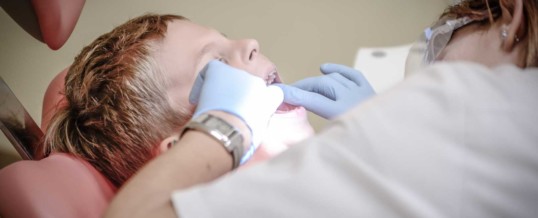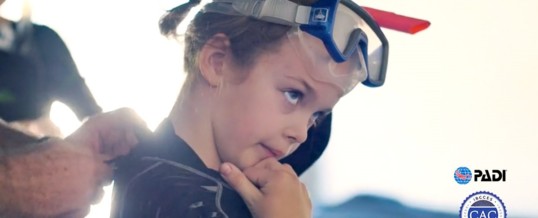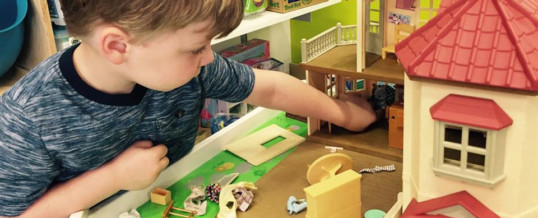Today we are sharing a wonderful blog from the founder of TravelAbility Summit, Jake Steinman. 
“TravelAbility Summit, the inaugural gathering of industry professionals dedicated to improving travel experiences for people with disabilities that will be held in San Francisco November 11-13th, is releasing the names of 50 technologies, products, and services that will help the travel industry level-up their accessibility. The 50 final products make travel easier for all and were based on the feedback of people with disabilities, technical experts and disability industry leaders.
AUG








